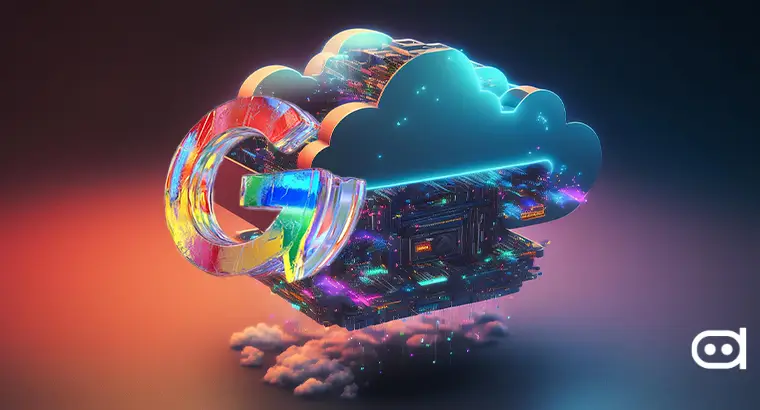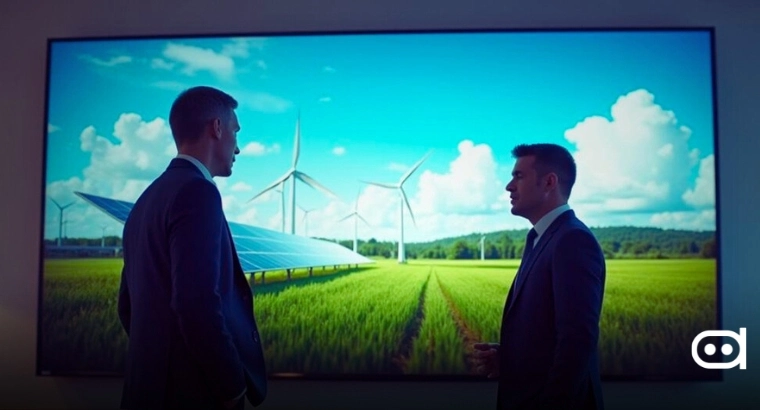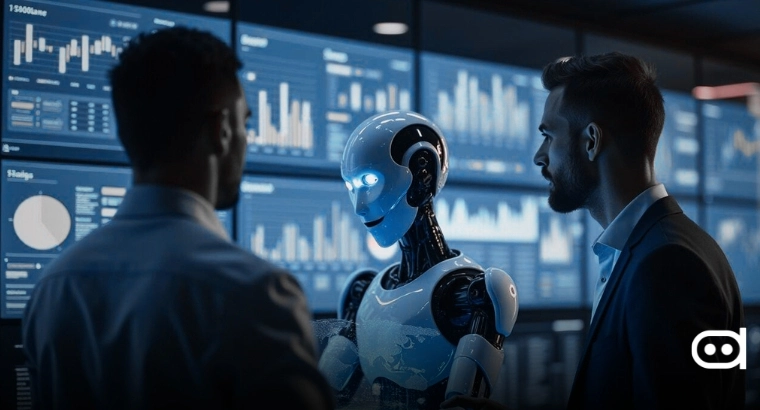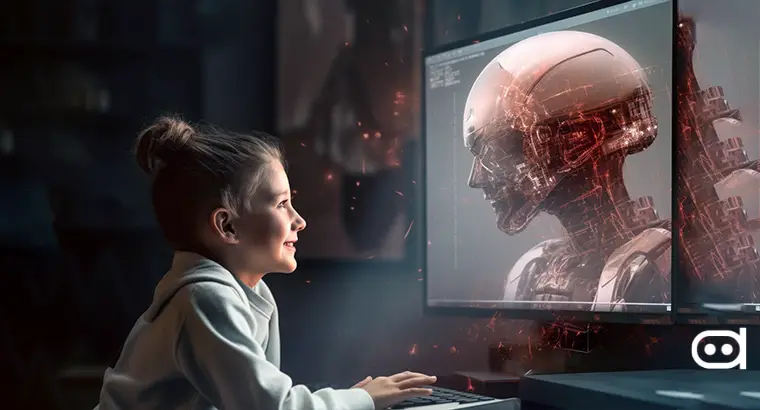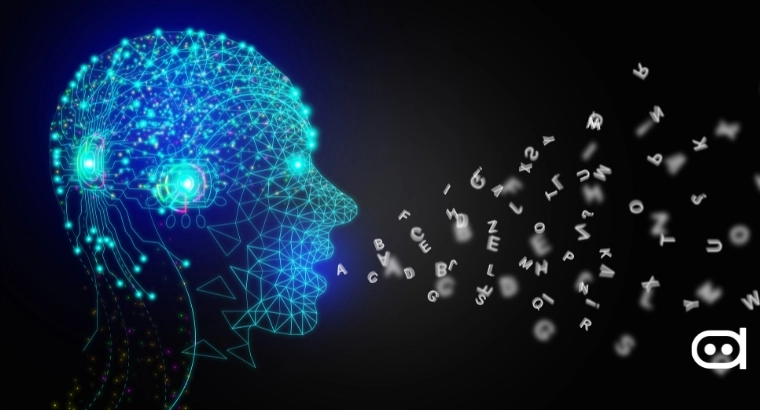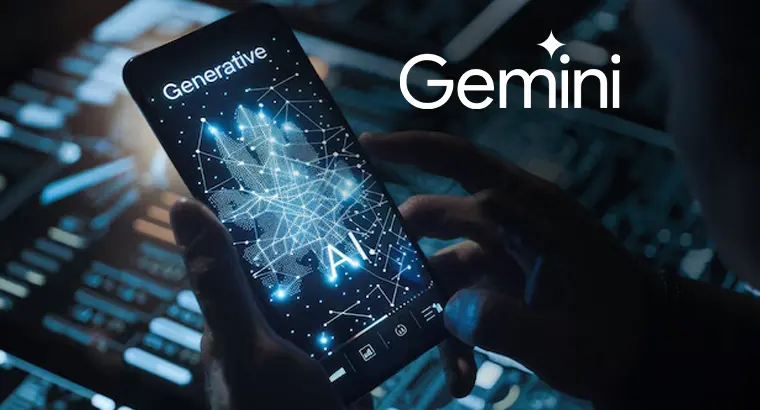
Google I/O 2024 has concluded, generating a lot of hype around what’s about to come in the Internet giant’s ecosystem. Google has made one thing clear—it is not out of the AI race. If anything, its long-term goal is to dominate the segment without compromising on the integrity that the digital world should offer. The majority of the highlights in Google I/O were about Artificial Intelligence. For all the right reasons, one can assume that its competitors, like OpenAI, have already made significant strides.
For starters, Google has committed to revolutionizing its search function. It aims to serve as a summary of search reports to streamline better the otherwise time-consuming process of going through different websites. It is in the experimental stage with Google Search Generative Experience and is likely to be rolled out as soon as possible. It will first go live in the US for searches about dining and recipe options.
Results under the AI-powered search function will be displayed under Unique AI-generated headlines.
At the heart of the I/O 2024 event was Gemini 1.5. The Flash Language model is expected to be lightweight, faster, and more efficient than the previous version. Plus, it is teased to outperform any other model that may ever come up in the AI segment. Gemini 1.5 is said to be capable of multimodal reasoning.
It has been optimized for handling high-frequency tasks where a user’s priority is meeting the time limit.
Talking about competition, Google has announced the rollout of Project Astra. It will compete with GPT-4. Astra’s demonstration interestingly followed the live demo of Chat GPT-4. Astra could figure out the location based on a video shot, identify objects in the room, and even explain a part of the code written on the computer screen.
There is no denying the fact that the potential of Project Astra is unlimited, depending solely on how far Google is willing to go with the project.
VEO is another announcement that has cemented Google’s position in the market compared to other players. This time, it is Sora by OpenAI. VEO can generate a video based on a text input. It can fetch a video of 1080p resolution while giving users control, provided they grasp the concept of time-lapse and other cinematic terms.
AI could make its debut in Android with Update 15. Google has not shed much light on this, but the updated version is more likely to introduce AI in Android. It will essentially help students with their match and physics questions. It will feature the function of Circle to Search, making it convenient to look up anything on the Internet.
Finally, Ask Photo, an AI-powered upgrade to Photos by Google, will help users trace a picture based on a specific event, person, or object.
Many of the said updates are likely to make their way starting June 2024.
